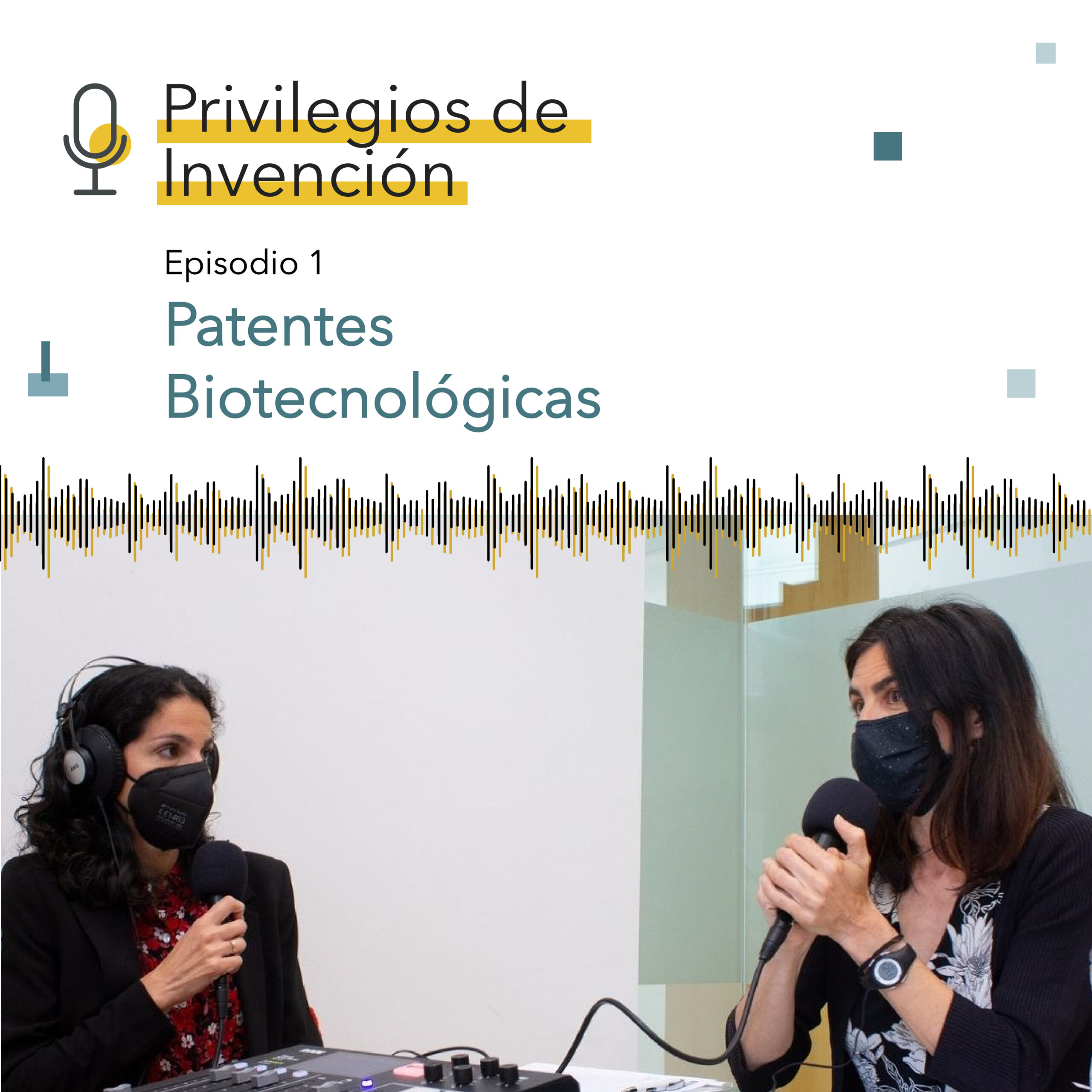Trade secrets are a fast and competitive method of protection in all types of organizations; a tool that requires no registration or payment of fees; that is not subject to the evaluation or assessment of any government institution or authority and that has an immediate effect (as there are no waiting times for the protection to be effective). In addition, Business Secret enables unlimited protection over time and safeguards “abstract ideas”, including software, codes and algorithms. Therefore, the entry into force of the Company Secrets Law in Spain will boost innovation and protect the knowledge of companies and research bodies.
We will summarize the main aspects of the new regulations in this post:
1. European Directive transposition
The purpose of the new Trade Secrets Act is to transpose Directive 2016/943 of the European Union, a standard with which the European legislator, in addition to harmonizing the different national regulations of the member states regarding this area, wants to guarantee the competitiveness of European companies and research bodies based on know-how and undisclosed knowledge and information.
2. Legal protection
Until now, there was not a single act regulating trade secrets in Spain, but several standards regulated some aspect related to trade secrets, with our Courts having to make up for the regulatory shortcomings. This new standard offers legal protection and improves the protection of knowledge and confidential information generated within organizations.
3. A proper definition for Secrets
This Act defines precisely what a trade secret is, indicating that it refers to any information or knowledge that is secret, has a commercial value for being secret and has been subject to reasonable security measures applied by its owner to keep it secret. This knowledge can be technological, scientific, industrial, commercial, organizational or financial.
4. The organizations’ proactivity
It shall be the organizations themselves the ones to take the necessary action to constitute a trade secret. These actions will consist in the implementation of those security measures that are appropriate in each case, assessing not only our entity’s characteristics and the type of information to be protected, but also the use and treatment it has been given so far.
5. Protection against lawful procurement, use and disclosure
The secret protection is established against uses or disclosures of information made by people to whom we have given access to it and who had an obligation to keep it secret, but also against industrial espionage, i.e. against third-party unauthorized access, appropriation or copying.
6. Co-ownership and transmissibility are regulated
Unlike the European Directive, the Spanish Act establishes a regulation of trade secrets as property rights object, with a series of provisions with respect to the secret’s transfer/’sale’ , its co-ownership between several natural or legal persons and the granting of licenses to third parties for its use or exploitation. Therefore, and in this sense, the Spanish Act takes a step further with respect to the European standard.
7. Legal actions
In addition, the Act establishes which legal actions may be brought against trade secret violators. Furthermore, with respect to the compensations that may be requested from the violator, it is established that in order to set it, not only the damage produced shall be taken into account, but also the lost profit and the violator’s unjust enrichment, as well as the moral damage caused to the trade secret owner.
8. Procedural Novelties: restricted circle, inquiries and injunctive relief
The Act introduces significant procedural novelties covering three aspects:
- • (a) The circle of persons entitled to access evidence or hearings in Courts and Tribunals is restricted, taking into account that all such persons should be subject to confidentiality requirements.
- • (b) The inquiries the owner or licensee of a trade secret may request are defined in order to prepare their defense, e.g. inquiries to substantiate facts, access to evidence sources or measures to secure evidence.
- • (c) It regulates the injunctive relief that may be requested by the person who is going to exercise a civil defense action, i.e. rapid, effective and accessible provisional measures to put an immediate end to the illicit obtaining, use or disclosure of a commercial secret.
9. An Act that adds up
The Trade Secrets Act will act as a special law. This means that the violation of trade secrets will maintain its character as an act of unfair competition and, therefore, the Unfair Competition Law will continue to apply as a general law and as long as it does not oppose the Secrets Act.
10. Investment and growth expectations
The new Act is expected to provide, besides greater trade secrets’ protection, an increase in investment associated to this knowledge generation. It is, in short, a law that will benefit companies and organizations of all sizes and industries for which the knowledge and confidential information they handle is essential.




